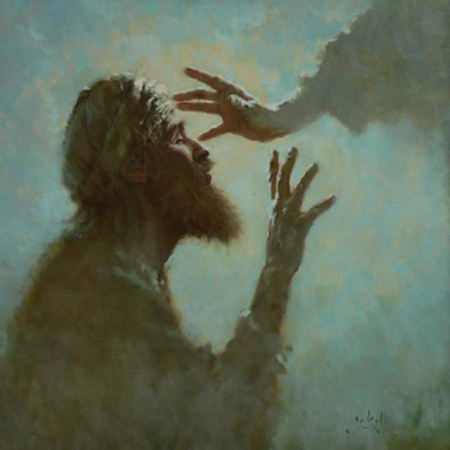From when I was about eight years old I was a voracious reader. No book in the house was safe from me. When I was twelve years old I came across a substantial tome entitled “Heroic legends”. I began to read it: fascinating stories of enduring love, of heroic deeds, of battles won, of hardships endured, of adventurous voyages all set in the colourful medieval world (or even earlier). These were some of the famous epics retold in accessible language.
My parents saw me with the book. They told me that it was not really for me. I could read it when I was older. There were topics in there that were just not suitable for young minds. Crying, I gave the book to them and they put it away somewhere. I never did read it in my youth.
Currently my parents are downsizing. So they also encouraged me to look at some of their books. I saw the old tome of “Heroic legends” among those books. Of course I took it and read it. But I didn’t enjoy it as much as I did in younger years. To me the heroes seemed too full of their own importance and did not really care about others. Why on earth would a woman who was abducted by the enemy insist that she should be freed by an army, instead of fleeing when there was the opportunity? Just so that she could say that she was no coward? Think of the many lives cut short because of your bravery! Why would the heroes lead men to certain death to defend their honour? Why would you kill your brother because he has offended someone? Why do the heroes so often act out of revenge? Why do those leaders hold to their control so tightly? Why do the leaders play with the lives of their subjects in their squabbles among the great men and women?
There is some truth in the legends. The system of honour and the model of leadership really was prominent in (pre-) medieval times in some places. Other kings and queens were more servant leaders.
Our Gospel reading today (John 9:1–41) talks about leaders who in the defence of their honour and their control disregarded the lives of others and put themselves in the way of healing. They did not listen to the evidence of the formerly blind man, who was healed by Jesus, or to the people around him. They seized on a minor technicality to discredit Jesus: he healed on the Sabbath. Whether a person could be healed on a Sabbath was actually debated among Jews at the time with many different positions taken. The leaders took a rigid position.
I think that we still have such leaders, in civic government, in corporations and in the Church. It is so easy to seek to control, especially when we feel threatened. Jesus continued with the healing ministry despite the opposition. It may be our role to also continue the work of healing even in the face of the restrictive control of some leaders.

